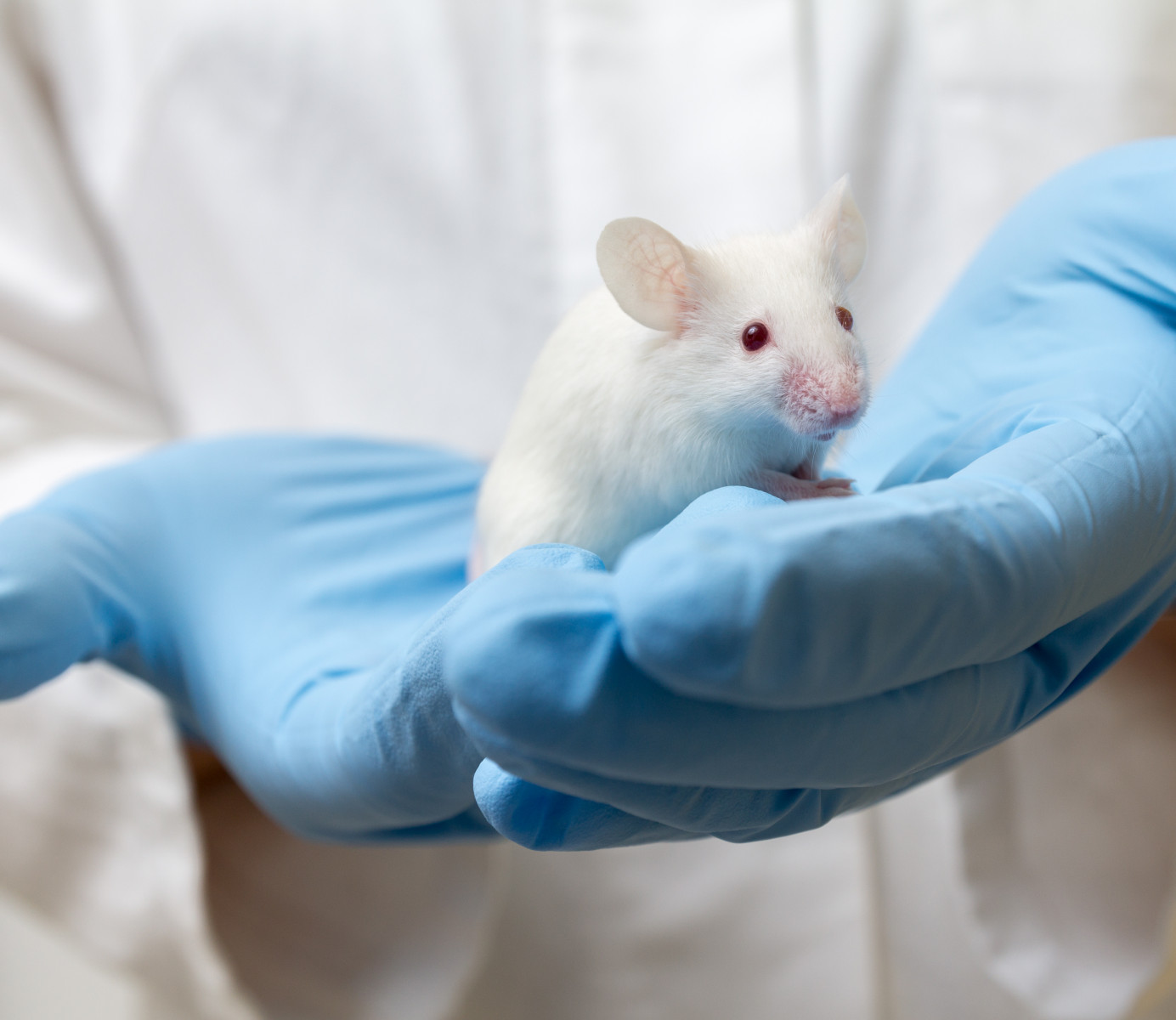ZyVersa’s IC 100 Reduced Inflammation in MS Mouse Model, Study Finds

IC 100, a monoclonal antibody by ZyVersa Therapeutics that prevents the assembly of inflammasomes — a pro-inflammatory cellular complex — lessened inflammation and halted disease progression in multiple sclerosis (MS), a study of mice shows.xa
The study, “IC100: a novel anti-ASC monoclonal antibody improves functional outcomes in an animal model of multiple sclerosis” was published in the Journal of Neuroinflammation.
MS is caused by the immune system attacking myelin — the protective sheath surrounding nerve fibers of the central nervous system (CNS, brain and spinal cord) — leading to its destruction.
As MS progresses, both the innate and adaptive immune system sustain an inflammatory response.
“Although great strides have been made over the last 20 years in commercializing disease-modifying drugs for MS, there is still a need for treatments that more effectively address relapsing and progressive forms of the disease,” Robert W. Keane, PhD, said in a press release. Keane is professor of physiology and biophysics, neurological surgery, microbiology, and immunology at the University of Miami Miller School of Medicine and co-senior author of the study.
IC 100 is a monoclonal antibody that prevents the assembly of a multi-protein structure that signals and activates inflammatory responses, called inflammasome. IC 100 works by targeting the adaptor protein ASC, a key component of inflammasomes.
Researchers at the University of Miami Miller School of Medicine wrote in the study that “targeting inflammasome activation via ASC inhibition may be a promising therapeutic strategy in MS.”
To test their hypothesis, the researchers used the experimental autoimmune encephalomyelitis (EAE) mouse model that recapitulates human MS disease, and assessed whether IC 100 reduced inflammation and prevented neuronal damage.
“The EAE model is the ‘go-to’ model in MS drug development. Many of the disease-modifying MS drugs used today were developed, tested or validated based on studies in this model,” said Stephen C. Glover, co-founder, CEO and president of ZyVersa Therapeutics.
Researchers tested three escalating doses of IC 100 — 10, 30 and 45 milligrams per kilogram of weight (mg/kg); they administered the doses every four days until day 35 after EAE induction.
They observed that the two highest concentrations — 30 and 45 mg/kg — significantly improved neurological function and lessened disease severity. In particular, IC 100 at 30 mg/kg was able to reduce by half the cumulative disease index (CDI), a sum of measurements of the daily severity scores from disease onset.
Next, researchers looked at how IC 100 affected inflammation. They found that the 30 mg/kg dose was effective at significantly reducing the number of adaptive immune cells, known as CD4 positive and CD8 positive T-cells.
In cells of myeloid origin (innate system), including macrophages and neutrophils, researchers also observed a downward trend. Microglia (brain cells that participate in the CNS inflammatory response) also were reduced and less active with IC 100 treatment.
To demonstrate that this anti-inflammatory effect was in fact due to IC 100’s ability to penetrate tissues, the team evaluated IC 100 levels in the brain, spinal cord, liver, and spleen.
Results confirmed that IC 100 was able to penetrate these organs at the three tested doses. As expected, the higher doses of 30 and 45 mg/kg had maximum levels in accordance with the observed therapeutic effect.
Taken together, “these data indicate that IC 100 suppresses the immune-inflammatory response that drives EAE development and progression, thereby identifying ASC as a promising target for the treatment of MS,” researchers wrote.
“Based on the EAE results we are optimistic about the potential of IC 100 as an effective treatment option for MS. We look forward to working with ZyVersa to progress its development into the clinic” Keane said.






